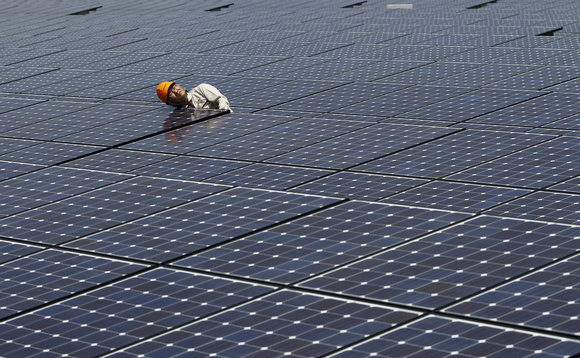
China cleantech: Addressing overcapacity

China's cleantech sector was the factory to the world, churning out solar panels and wind turbines for export. After the bottom fell out of the market, domestic demand took center stage - how is PE responding?
Zhengrong Shi, founder of solar giant Suntech Power and once China's richest man, saw his empire collapse into bankruptcy in March. Suntech was the first Chinese solar panel manufacturer to go p...
Latest News
Asian GPs slow implementation of ESG policies - survey
Asia-based private equity firms are assigning more dedicated resources to environment, social, and governance (ESG) programmes, but policy changes have slowed in the past 12 months, in part due to concerns raised internally and by LPs, according to a...
Singapore fintech start-up LXA gets $10m seed round
New Enterprise Associates (NEA) has led a USD 10m seed round for Singapore’s LXA, a financial technology start-up launched by a former Asia senior executive at The Blackstone Group.
India's InCred announces $60m round, claims unicorn status
Indian non-bank lender InCred Financial Services said it has received INR 5bn (USD 60m) at a valuation of at least USD 1bn from unnamed investors including “a global private equity fund.”
Insight leads $50m round for Australia's Roller
Insight Partners has led a USD 50m round for Australia’s Roller, a venue management software provider specializing in family fun parks.








